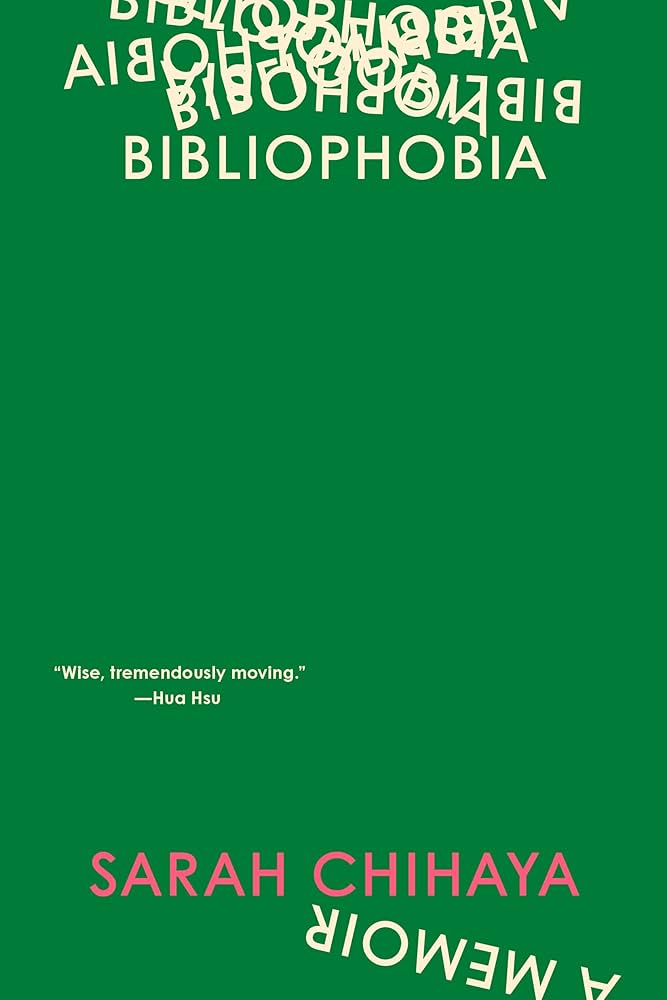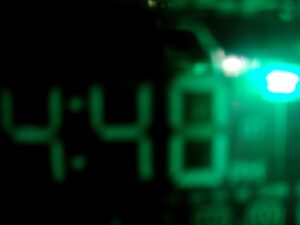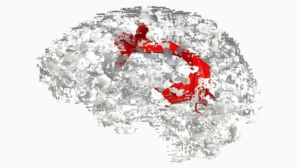As Bibliophobia begins, author Sarah Chihaya has had a “nervous breakdown” and is in a hospital. Although she attempted suicide three times between the ages of 10 to 18, her depression has been more or less under control as an adult. But now she has been warned she will lose her job as a professor of literature if she does not produce an academic book, and the deadline has passed. She cannot take it anymore.
There is nothing to read on the psych unit but a bulletin board listing the daily activities and some magazines. This makes Chihaya think about her relationship to books, which is a complex one. She muses that “it is every writer’s fear that our books will be the death of us” (p. 11) and humorously writes about how she once had a bookshelf that was so wobbly she worried it would topple over on her. However, the real damage that books inflict may be insidious. The author first began to read as an escape from her unhappy childhood, but she fears she now “love[s] books to a dangerous degree” (p. 20). They have become her life to the extent that she does not know if she “would be anyone at all” (p.12) without them. A feature of her depression is that she has completely lost interest in reading. She half-seriously coins the diagnosis “bibliophobia” to describe her condition. It will take just the right book to cure her, and when she finds it, she begins to read again, and to heal.
Over the course of Bibliophobia Chihaya tells us about the books that have been of vital importance to her, many of which she associates with relationships or with stages in her life. Eventually, she reads the DSM about her own psychiatric diagnosis, and she reads books that other people have written about their depression. Working with a therapist, she realizes she needs to move on, and she lets go of her academic career. By the end of Bibliophobia we learn that Chihaya has finally written a book, but it is not the one she was expecting to write. It is Bibliophobia.
Bibliophobia is an unusual hybrid of a book that is part literary criticism part memoir. The author has been influenced by numerous mental health memoirs including recent celebrated works by Donald Antrim, Esmé Weijun Wang, and George Scialabba.

The first chapter, the subsequent emotional journey of the author, and her conclusions all captured my attention. I must confess that much of the rest of this book interested me less for the simple reason that I had not read any of the books the author discusses in detail. I do not even think we have the same taste in literature. However, this may not prove to be a stumbling block to potential readers who are fans of Toni Morrison, Anne Carson or Anne of Green Gables, or who just love reading about books.
According to the American Psychiatric Association, stigma around mental health is common in Asian American communities. One praiseworthy attribute of Bibliophilia is how it calls attention to the challenges that these groups experience in accessing care. Chihaya, was raised by a Japanese father and a Japanese Canadian mother who “did not believe in the concept of mental health; everyone was either fine or just complaining” (p. 49). Growing up with the message that depression is “not for the children of immigrants [but] something that happen[s] to white people in independent films” (p. 7) it goes without saying that Chihaya cannot bring her symptoms to her parents’ attention. Filled with shame, it takes her many years until she can no longer ignore them. Fortunately, Chihaya has given us a book filled with insights that one hopes will inspire others to seek help.
Bibliophobia
Sarah Chihaya
Random House, New York, 2025, 214 pages
References:
https://www.psychiatry.org/psychiatrists/diversity/education/asian-american-patients
Web image from Wikicommons.







